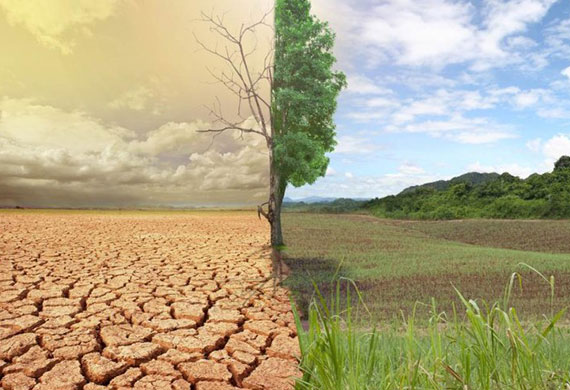
Nigerian Agric Business Group Trains, Equips 500 Women, Entrepreneurs on Climate Change
By: WE Team | Monday, 26 December 2022
The Nigerian Agric Business Group (NABG) has trained 500 women, young farmers and agric-entrepreneurs from the North-west Nigeria on climate change. The training aims to empower them with commodity standard and grading skills for competitive marketing of their produce.
Dr. Manzo Maigari, Director General of the group addressed the regional workshop on inclusiveness in Kaduna. The workshop was funded by the Bill and Melinda Gates Foundation. Dr. Manzo stated that the workshop aimed at educating and sensitising participants on the challenges of climate change. The workshop is also being supported by the federal and North-west state governments.
“This is a regional workshop for 500 youth, and women farmers from the North-west across the agric business value chain. Thrust of the workshop is to first, achieve inclusiveness that is why it is particularly targeted at women.
Second, it is to sensitise and educate them on climate smart agriculture to combat the impacts of climate change and build resilience and thirdly, it is to sensitise them on best practices in commodity standards and grading to give them best competitive advantage. Our farmers lose a lot because we don’t care about standard, grading, best practices,” Dr. Manzo said.
Malam Husseini Ibrahim, Kaduna state Commissioner for Agriculture said “Agriculture should be considered by all as a business and unless we see it as a business we may not get to where we want. We need to mechanise agriculture. Any nation that depends on another country to feed itself is not a strong nation even with the biggest army. We depend on wet farming; we need to develop irrigation farming. We can farm maize three times in a year; many crops can be farmed multiple times in a year, if we want farmers to live decent life.”
Emeka Oruonye, a geography professor from Taraba State University spoke about “Small Scale Climate Smart Crop Production”. He also addressed the workshop on the importance of small scale farmers to cultivate more food crops. It will also help them increase their income, to mitigate poverty and attain food security.
“The greatest challenges facing farmers today is how to meet the increasing food demand to meet population growth. Climate volatility, more frequent extreme weather and temperature changes increasingly threaten the viability of food crop production,” said Professor Emeka.






